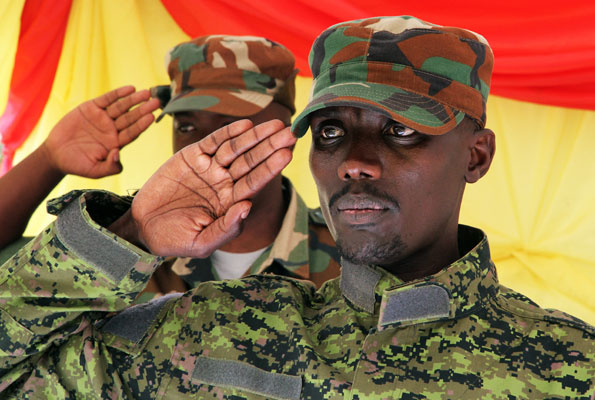In Uganda’s ever-polarized political landscape, the opposition continues to face an uphill battle—not just against an entrenched regime, but also from within its own ranks.
While the ruling National Resistance Movement (NRM) consolidates power and dominates state structures, Uganda’s opposition remains fragmented, reactive, and, at times, self-defeating. As the country approaches a potential turning point ahead of the 2026 general elections, internal disunity and strategic missteps threaten to render the opposition irrelevant—despite growing public discontent with the status quo.
Despite shared grievances about authoritarianism, corruption, and poor governance, Uganda’s leading opposition figures have failed to unify around a common cause or candidate. Deep ideological divides, personality clashes, and historical baggage continue to erode any hope of forming a strong, coordinated front.
Parties like the Forum for Democratic Change (FDC), National Unity Platform (NUP), and Democratic Party (DP) operate more like rivals than allies. Instead of consolidating grassroots energy or focusing on issue-based politics, much of their time is spent reacting to the regime—or undermining each other.
The lack of a consistent national policy agenda or a compelling alternative to Museveni’s long-standing rule has disillusioned many voters, especially in rural areas where political education remains limited.
Dr. Kizza Besigye, the face of Uganda’s opposition for two decades, remains an admired but divisive figure. His relentless activism, arrests, and resilience have earned him reverence—but some critics argue his time at the forefront has stalled generational renewal.
Meanwhile, Robert Kyagulanyi (Bobi Wine) and the NUP have energized a youthful base but are now grappling with the complexities of political organization beyond protest slogans. The early post-2021 momentum has dissipated, replaced by internal wrangling, lack of strategic clarity, and poor coordination with other anti-regime forces.
There’s no shortage of public anger. Ugandans are grappling with unemployment, inflation, a strained healthcare system, and a ballooning debt burden. Social services are crumbling, and corruption scandals regularly make headlines.
But rather than seizing the moment to galvanize national sentiment into sustained political pressure, the opposition has mostly been reactive—organizing press conferences, making vague calls for “change,” and engaging in social media debates.
Civil society organizations and religious leaders, once influential in mobilizing change, have also been muted, either co-opted or suppressed.
As 2026 looms, the key question remains: Can Uganda’s opposition rise to the occasion, or will it once again implode under the weight of its own contradictions?
Unity does not mean uniformity, but without a shared vision and joint strategy—whether through a coalition, a single candidate, or a national convention of progressive forces—the opposition risks repeating history. The regime thrives on division. The longer opposition parties view each other as competitors, the less likely it is that real change will occur.
Uganda’s political future may well depend on whether opposition leaders are willing to put egos aside, face hard truths, and build something greater than the sum of their parts.
Bazel Odeke is a political commentator and columnist focusing on East African governance and civic space. His work appears in several regional publications.



